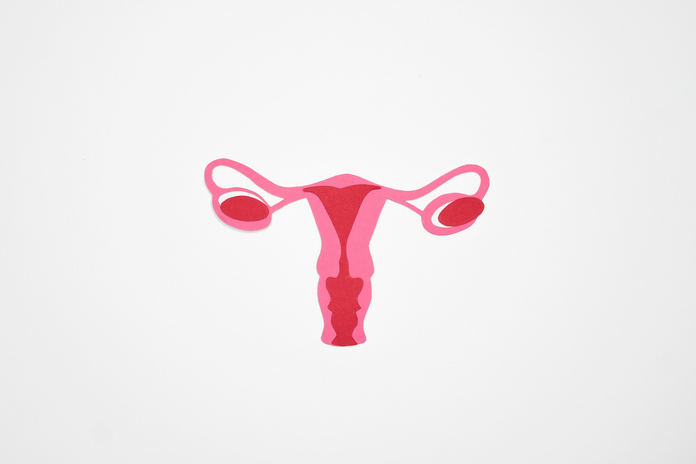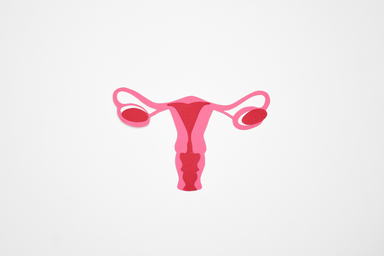Written in collaboration with Period Society for Women’s Health Week
The term “Women’s Health” has grown over the years as conversations of period health and gynaecological issues have grown and spread into the mainstream. Whilst the ever-increasing discussions of these issues is impactful, and important, we should consider the impact of the term and how we can further improve our association with it.
Unfortunately, in our society, the minute that terms such as ‘women’, ‘female’ or ‘feminine’ are related to an issue, a big fat can of misogynistic and patriarchal worms is opened. This can easily be seen in the use of the term “Women’s Health”; serious health issues are misrepresented and perceived as mere ‘period’ issues due to their association with women. Life-changing physical and mental health diseases such as Endometriosis, Adenomyosis, PMDD (the list goes on!) are consistently under-researched, underappreciated, and belittled by their grouping as ‘women’s problems’ both by society and medical professionals.
A HARMFUL LACK OF REPRESENTATION
As an Endometriosis sufferer myself, I have experienced first-hand the perception of the disease as a simple ‘period issue’; each time the disease comes up in conversation with a new person, I find myself undoing misconceptions and prejudice surrounding its symptoms and effects. The lack of representation and information surrounding “Women’s Health” problems in society leads to such health issues being considered as mild, and unimportant, with small impact on the lives of sufferers.
People are shocked to discover that this mythical ‘women’s problem’ is classed as one of the most painful diseases to have, impacting 1 in 10 people who menstruate! The lack of research, funding, and representation of these issues is down to their classification as ‘female’ issues – just another example of the harmful impact of the patriarchy upon “Women’s health”.
wHAT CAN WE DO TO CHANGE SUCH PERCEPTIONS OF “woMEN’S health”?
The best way to overcome misinformation and a lack of understanding is representation! Open discussions of period health and spreading fact-checked information is a really effective means of changing the narrative surrounding these issues. There are a lot of important online communities, particularly on Instagram, that work towards breaking the stigma surrounding gynaecological health, which makes all the difference.
When approaching conversations about “Women’s Health”, however, it is important to consider the inclusivity of the term itself. By employing the term “Women’s Health”, we forget those who do not define themselves as female, yet still suffer from the issues the term refers to. This in turn undermines their experiences of gynaecological health issues, excluding and misrepresenting such communities.
What can we do to improve inclusivity within our discussions of “women’s Health”?
A huge part of what we strive to do at the Bristol Period Society is opening discussions of period health and gynaecological issues to include not only fellow women, but the trans and non-binary communities too! The main way in which we do this is through using inclusive language. For example, the use of ‘womxn’, ‘people who have periods’ and ‘people who menstruate’ instead of ‘women’ allows us to open up discussions and provide a sense of inclusivity and acceptance within our online community. Something as simple as language choice can greatly help to widen our inclusivity and reach, creating a safe and inclusive space for all who experience menstruation to share their experiences.
There is still a lot more to be done in order to gain representation and recognition of the issues that those of us who menstruate face but changing our language and being more inclusive is a good way to start!
For more information feel free to check out the University of Bristol Period Society on Instagram!
This piece is part of a themed week on Women’s Health hosted by Her Campus Bristol

